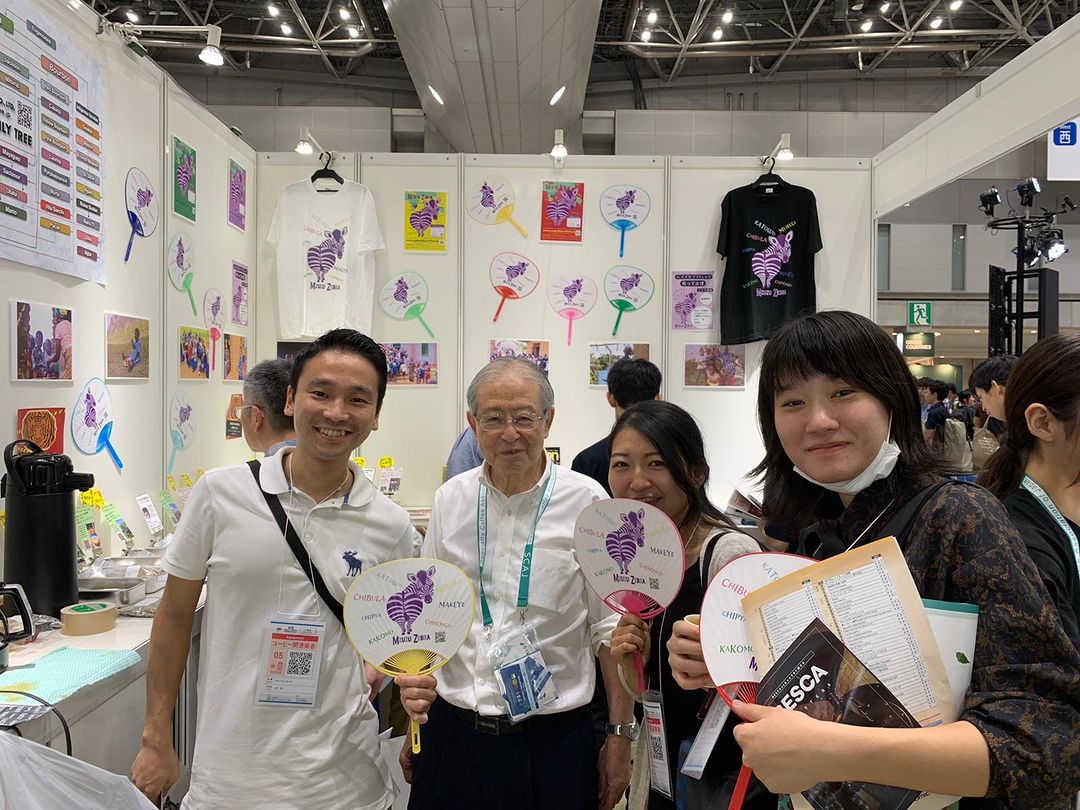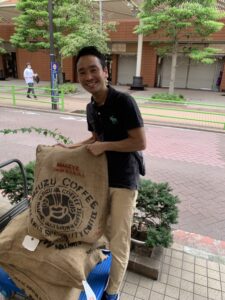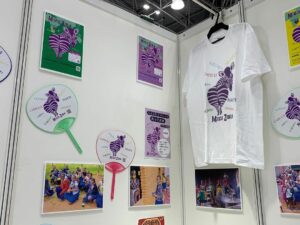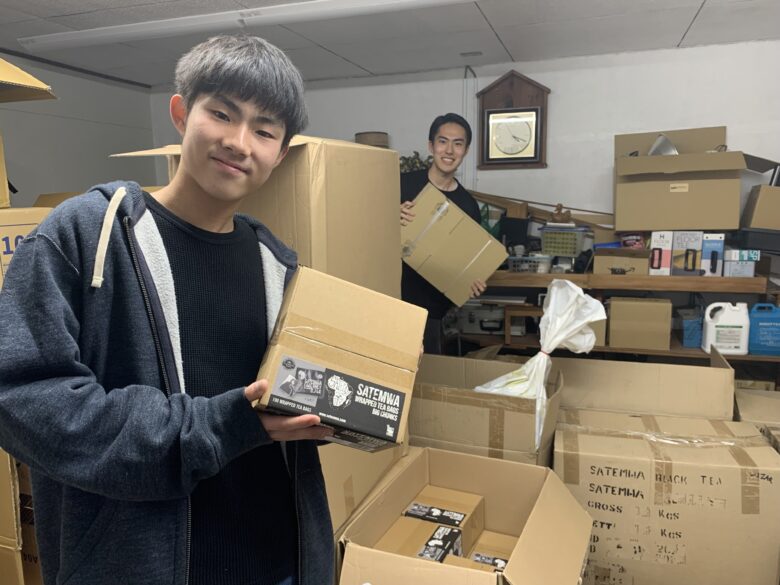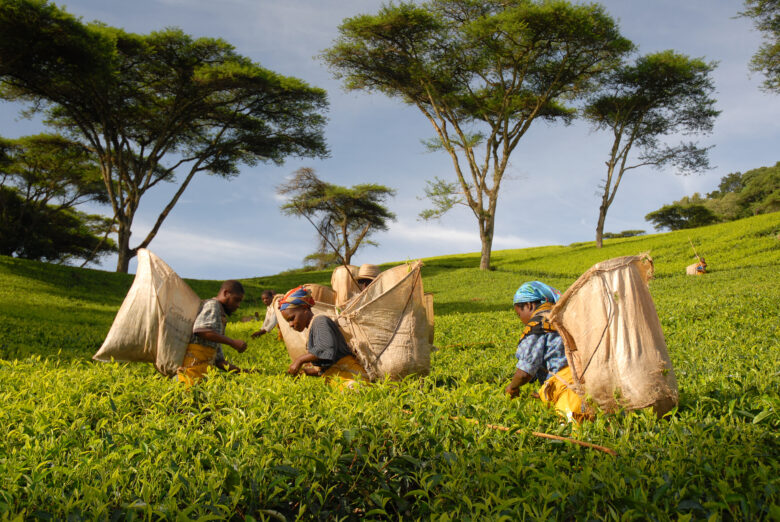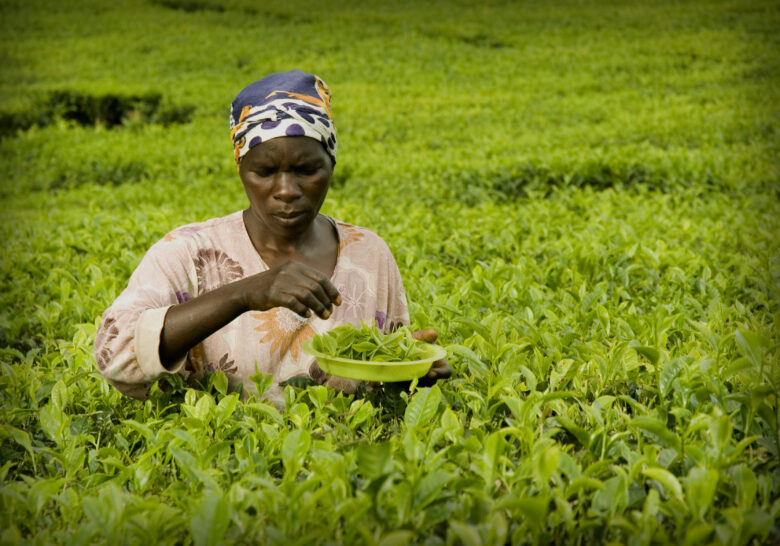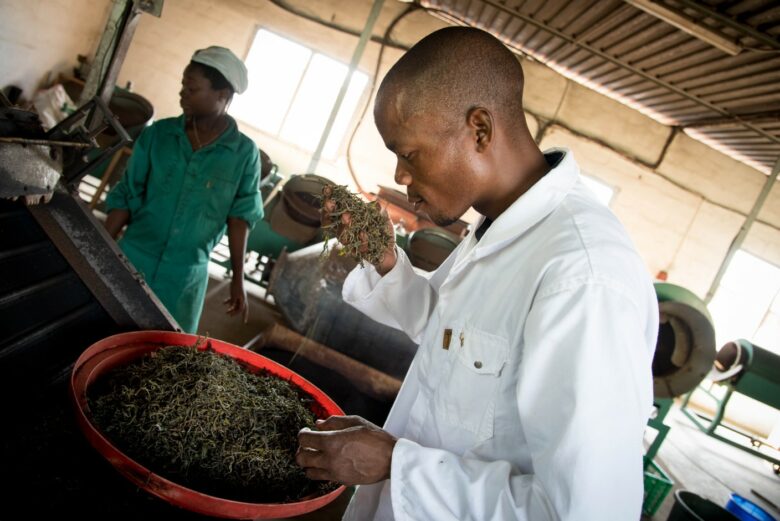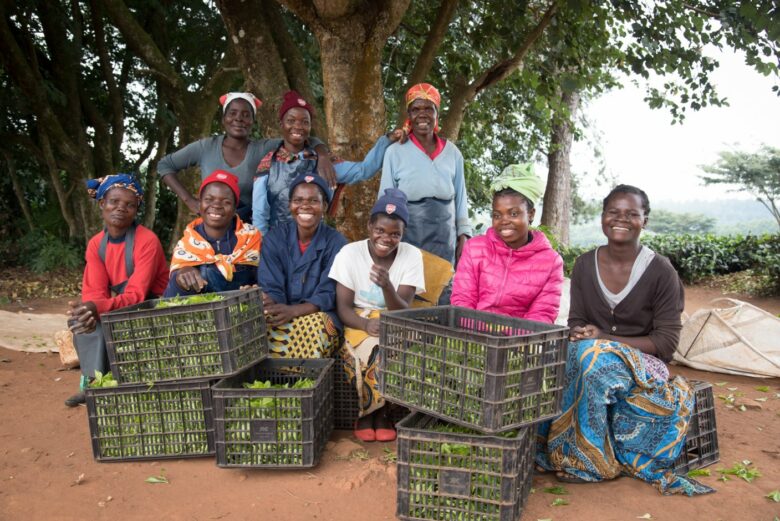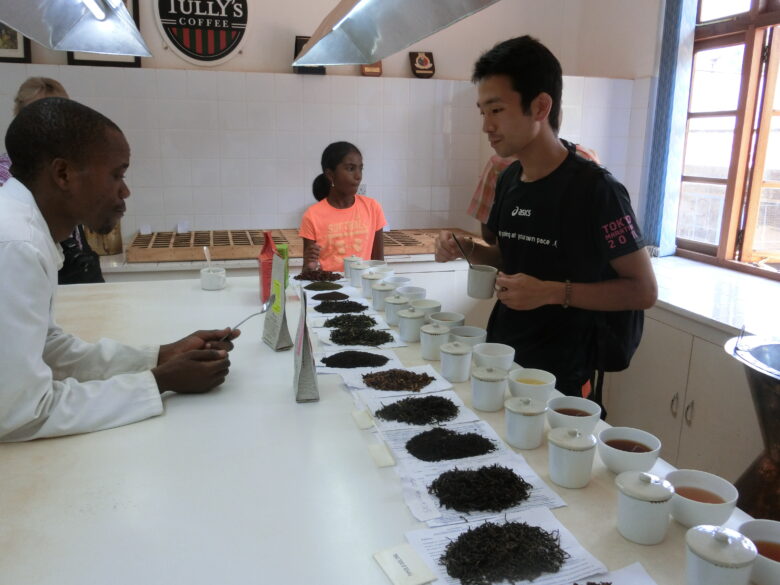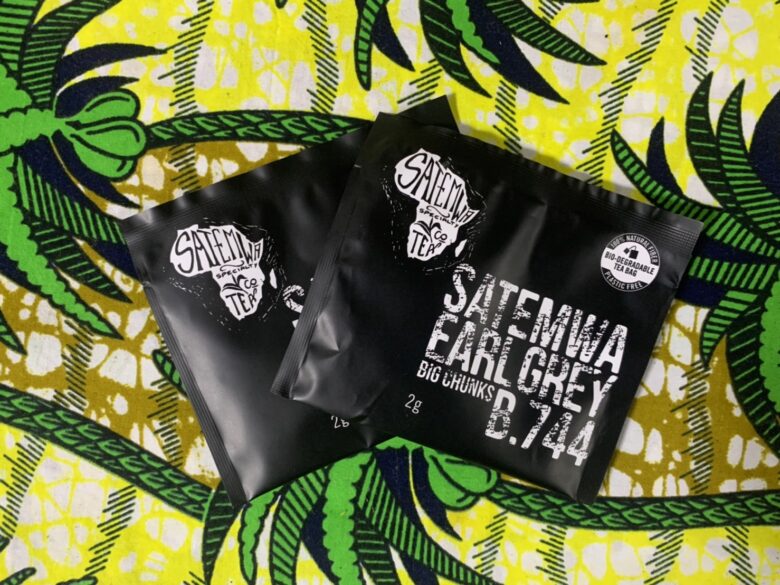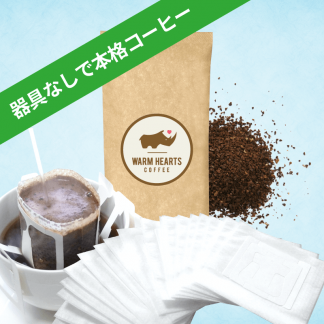We sincerely appreciate your continued and generous support of our organization.
We would like to inform you that the “Warm Hearts Coffee Club,” a coffee and tea operation that has been operated by Seibo, Non-Profit Organization (hereafter referred to as NPO Seibo), will be transferred to the Seibo, General Incorporated Association. As a result of this transfer, starting on January 1, 2025, our product prices will be adjusted to include an 8% consumption tax.
Purpose and Background of the Transfer
The Warm Hearts Coffee Club project has grown significantly as part of NPO Seibo’s initiatives, and with this growth, we recognized the need to establish a more sustainable framework for the long term. By transitioning to the General Incorporated Association, we aim to expand our coffee business, stabilize revenue, and strengthen our structure to ensure continued and extended support for the school meal provision for children in Malawi.
Donation Options During Purchase
After the transfer, customers will be asked whether they would like to make a donation to NPO Seibo or to other partner organizations that share similar values and goals. For those who choose to donate to NPO Seibo, contributions will be directed through NPO Seibo to the school meal program. In this way, every purchase will continue to support the future of children in Malawi.
Roles of the Seibo, General Incorporated Association and NPO Seibo
Following the transfer, Seibo, General Incorporated Association and NPO Seibo will take on distinct roles. NPO Seibo will primarily handle fundraising activities, educational programs, and reporting on meal support in Malawi. Meanwhile, Seibo, General Incorporated Association will manage the coffee and tea business operations, as well as the administration of associated donations.
When purchasing products, customers will have the option to donate to NPO Seibo, with the full donation directed toward supporting the school meal program. For purchases without the donation option, a portion of the proceeds will be allocated to other child-focused organizations. We will publish a list of recipient organizations regularly to maintain transparency.
Notice and Apology Regarding Tax-Inclusive Pricing
As part of the transfer process, product prices will be listed as tax-inclusive, reflecting an 8% consumption tax. We apologize for any inconvenience this may cause and sincerely appreciate your understanding as we strive to offer clear and transparent pricing.
Our Sincere Appreciation and Request for Continued Support
Thanks to your warm support, we have been able to provide daily school meals for children in Malawi. We are committed to expanding this initiative with your continued help, ensuring that your purchases and contributions directly contribute to meaningful support. We deeply appreciate your ongoing support and look forward to furthering our shared mission.
Seibo, Non-Profit Organization & Seibo, General Incorporated Association

